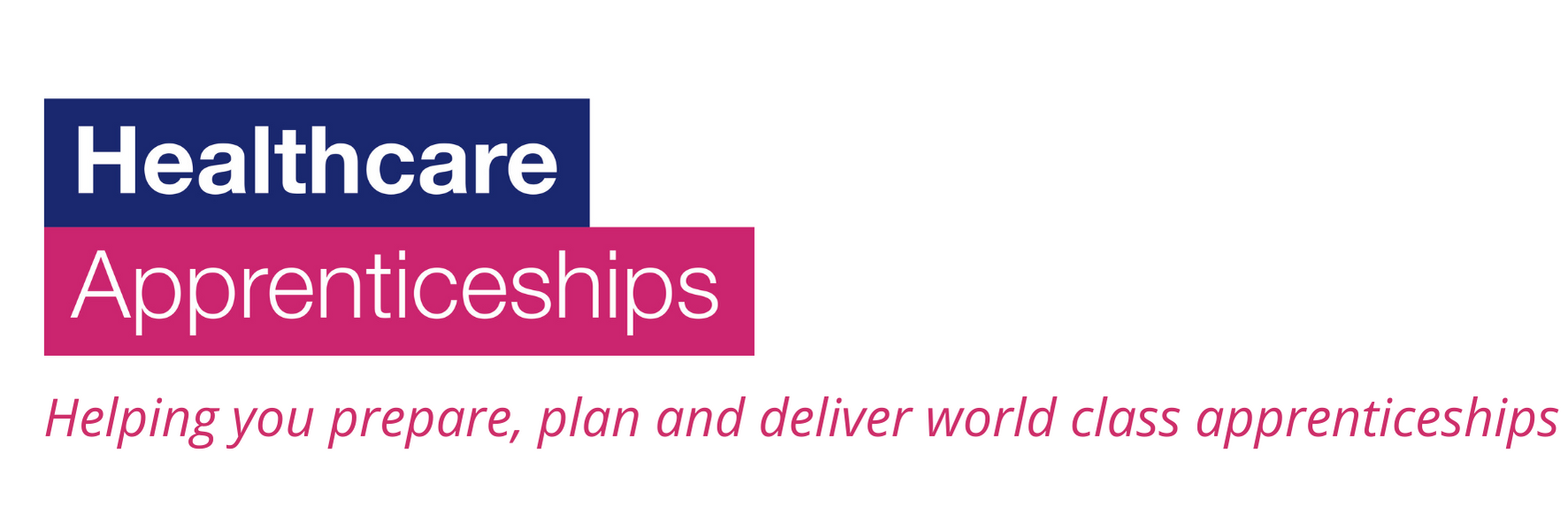 Degree apprenticeships were introduced in 2015 and they have become increasingly popular. In 2020/21, there were 321,400 apprenticeship starts – 39,200 of these were higher apprenticeships at either Bachelors (Level 6) or Masters (Level 7) degree level.
Degree apprenticeships were introduced in 2015 and they have become increasingly popular. In 2020/21, there were 321,400 apprenticeship starts – 39,200 of these were higher apprenticeships at either Bachelors (Level 6) or Masters (Level 7) degree level.
The Institute for Apprenticeships and Technical Education (IfATE) have changed their Degree Apprenticeship policy recently. They held a Degree Apprenticeship Consultation in September 2021 on its Degree Apprenticeship Policy. You can read more details on the response to the IfATE consultation here.
These changes have been introduced over a transition period from March 2022 to September 2022.
- Introducing a new criterion to determine whether a bachelor’s or master’s degree can be mandated in an apprenticeship.
- Improved integration of on- and off-the-job training
- Full alignment between the knowledge, skills and behaviours within the apprenticeship standard and the degree learning outcomes
- Required integration of end-point assessment (EPA) with the degree
- Involvement of an independent assessor with occupational expertise
The IfATE will require all submissions relating to degree apprenticeships to be based on the new policy from the 7 September 2022 deadline (cycle 43)
“The introduction of the new policy does not mean that all existing degree apprenticeships need to be compliant with it by September 2022. Instead, they will need to become compliant as and when revisions to them are submitted from September 2022 onwards. Such revisions could be triggered either by us following a route review or by a stakeholder via our revisions, adjustments and dispensations (RAD) process.”
You can access further information about the new Degree Apprenticeship Policy here.


